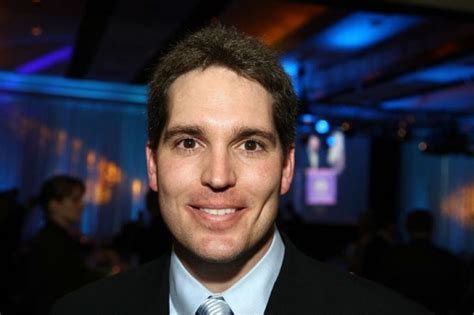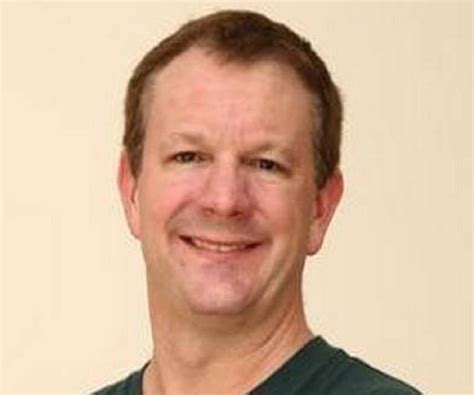A Quote by Ruchi Sanghvi
When I started out in Facebook, it had only 20 people. I saw it grow to a thousand employees and from five million users to over a billion users. I saw it evolve from a service that served college students to one that served the world.
Related Quotes
We're a community of a billion-plus people, and the best-selling phones - apart from the iPhone - can sell 10, 20 million. If we did build a phone, we'd only reach 1 or 2 percent of our users. That doesn't do anything awesome for us. We wanted to turn as many phones as possible into 'Facebook phones.' That's what Facebook Home is.
Plant flowers in others' gardens and your life becomes a bouquet! Submitted by Lisa Letto, Coordinator, Nutrition Resource and Volunteer Centre, College of Pharmacy and Nutrition, University of Saskatchewan, Saskatchewan, Canada I slept and I dreamed that life is all joy, I woke and I saw that life is all service. I served and I saw that service is joy.
On the Facebook side, I think it's a bit of an evolution, in that that company, which has clearly done amazing things, was, I believe, as an outsider looking in, was founded on a culture that was obsessive about the users. And they built a service that is very valuable for users, and that is to be applauded.
Rich Indians typically tried to work around a dysfunctional government. Private security was hired, city water was filtered, private school tuitions were paid. Such choices had evolved over the years into a principle: The best government is the one that gets out of the way. The attacks on the Taj and the Oberoi, in which executives and socialites died, had served as a blunt correction. The wealthy now saw that their security could not be requisitioned privately. They were dependent on the same public safety system that ill served the poor.
Hurricane Katrina was the storm of the 21st century. It devastated an area the size of Great Britain. More than 1,800 Americans died. Three hundred thousand homes were destroyed. There was $96 billion in property damage. I served on the Louisiana Recovery Authority. I saw Congress write one big check and then skip town.

































